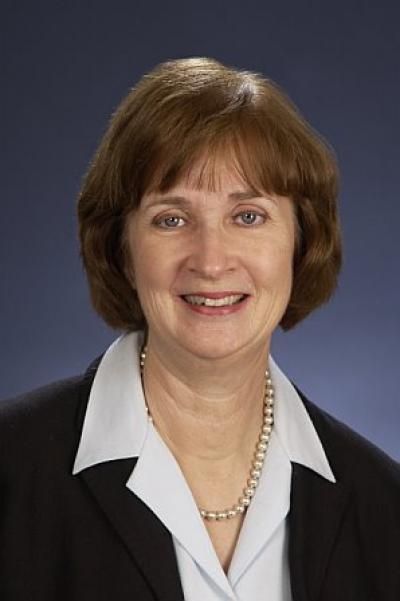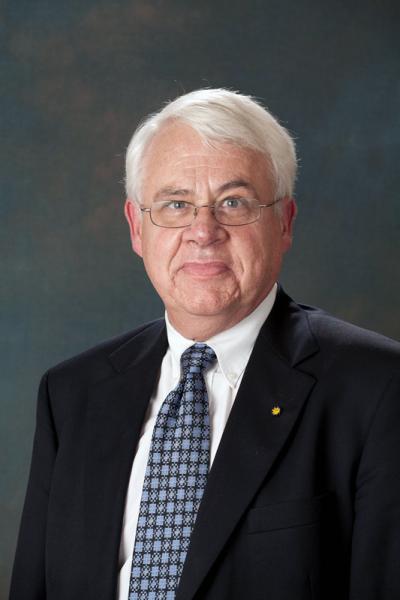Dissent/Repression Nexus in the Middle East


Principal Investigators:
Katherine Meyer, Department of Sociology
J. Craig Jenkins, Department of Sociology
Phil Schrodt, University of Kansas
Mary Ann Tétreault, Trinity University
Jillian Schwedler, University of Maryland
Christian Davenport, University of Maryland
Deborah Gerner, University of Kansas (deceased)
Consultants:
Helen Rizzo, American University, Cairo
The Middle East is often seen as caught in a cycle of dissent and repression, influencing almost all aspects of existence. This “dissent/repression nexus” is crucial because the Middle East lies at the crossroads of three continents and contains vast reserves of natural resources. Its conflicts have also spilled into other parts of the world.
Despite the importance of understanding contention in the Middle East, there has been little systematic study of conflict dynamics in the region. To address these gaps, an interdisciplinary, multi-university team has set out to study the dissent/repression nexus in the Middle East. The project focuses on Egypt, Israel/Palestine, Jordan, Kuwait, and Turkey from 1990 to the present.
Their questions include:
- How do dissent and repression influence one another?
- What kinds of repression produce what kinds of dissent and vice versa?
- How are contentious activities influenced by the dominant forces of economic and political globalization?
The team has just completed the third year of the project. This has included in-depth surveys in each of the six countries, with multiple sources of data, event analysis, and content analysis of newspapers using Lexis-Nexis. Essential has been the work of 17 graduate and undergraduate students who each worked in depth on one country.
In particular, they studied:
- The definition and importance of rentier status, both foreign aid and oil revenues, which creates internationally dependent states.
- The size and out-migration of both Kurdish and Palestinian populations within the Middle East, creating highly mobilized diaspora communities.
- The importance of remittances in diaspora communities, which spur global communication and the transnational transfer of capital.
- The importance of civil society and organizations (both religious and secular) in the region, which transform political opportunities and create networks among activists.
- The importance of global communication and networking among organizations and migrants, providing opportunity for cultural transformation, framing of grievances, and exchange of capital.
The team has found that diverse and unique factors fuel contention in each nation. Varieties of religious restriction and regulation, ideologies of gender equity, potential for protest, and colonial history all matter. Issue frames are important to understanding Israel and Palestine. The international stage, human rights pressures, policing and security are all important to state action in Turkey. Civil society and organizations (both secular and religious) influence the development and sustainment of contentious activity in all nations.
The project is supported by a four-year $585,000 grant from the National Science Foundation, as well as grants from the College of Social and Behavioral Sciences and Mershon.
For more information, see the project website at http://drnexus.osu.edu.
Filters: 2007-2008, Sociology
